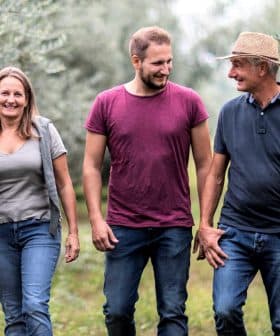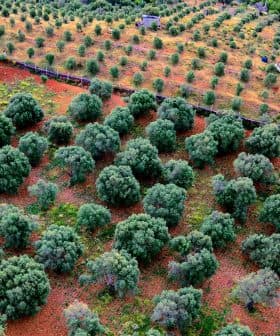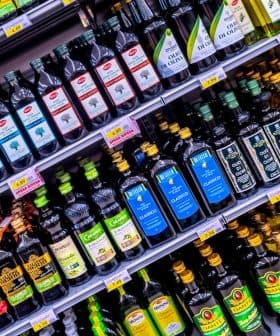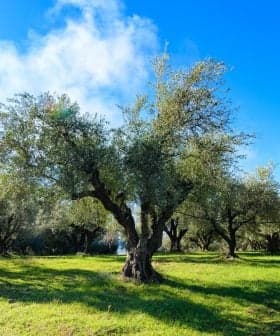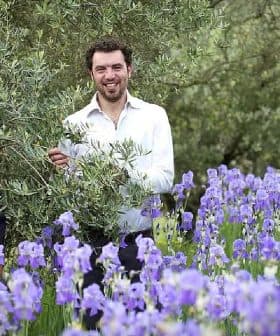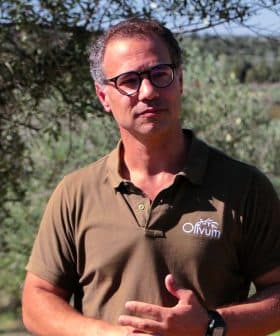Family's Love for Italian Cultivar Shapes Generations of Success
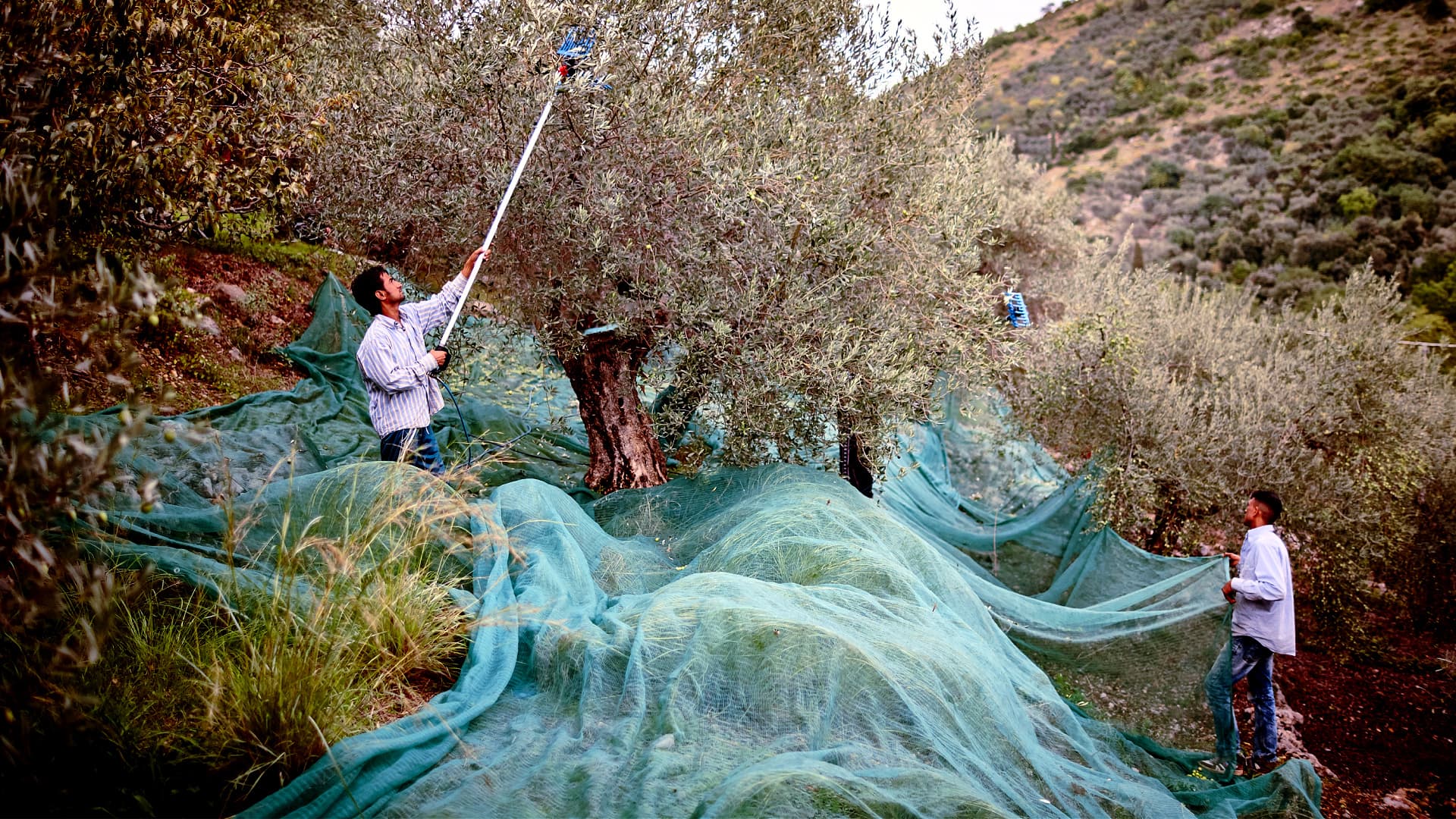
The Carroccia family in central Italy has a deep connection to the Itrana olive cultivar, focusing on quality and expanding their groves near Campodimele. They prioritize organic and biodynamic farming practices, facing challenges from climate change but continuing to produce award-winning olive oil with a strong commitment to sustainability.
A love for a famous Italian cultivar has shaped the decades-long history of a family in central Italy.
Carroccia Campodimele is situated on the hills near Campodimele, approximately 130 kilometers south of Rome, on the edge of the Aurunci Mountains Natural Park.
Approximately 3,700 Itrana olive trees are planted on terraces bordered by dry stone walls. The celebrated olive variety is easily identifiable across the region’s groves.
“We just received authorization to reinforce and expand the dry walls. Now we can more easily access about 90 percent of our groves,” Paolo De Filippis, an olive oil taster, co-owner, and manager of the family-run company, told Olive Oil Times.
De Filippis and his cousin charted a new path for Carroccia Campodimele nearly 20 years ago, focusing on quality and expanding from three to ten hectares.
Their producing experience pairs family history with a unique feature of the Campodimele village.
See Also:Producer ProfilesThe small town with slightly more than 550 residents is known for its extraordinary demographic trait: it is one of the longest-lived communities in Italy.
Often referred to as the “village of longevity,” Campodimele has been the focus of numerous scientific studies examining the high number of centenarians within its small population.
Researchers have linked this longevity to a combination of genetics, physical activity associated with rural life, low stress, and a traditional Mediterranean diet rich in vegetables, legumes, and olive oil.
For the Carroccia family, whose groves are situated in the surrounding area, this connection between land, lifestyle, and health is woven into their identity.
The extra virgin olive oil’s label features a top-view image of Campodimele, anchoring their oil to values of wellness and natural living.
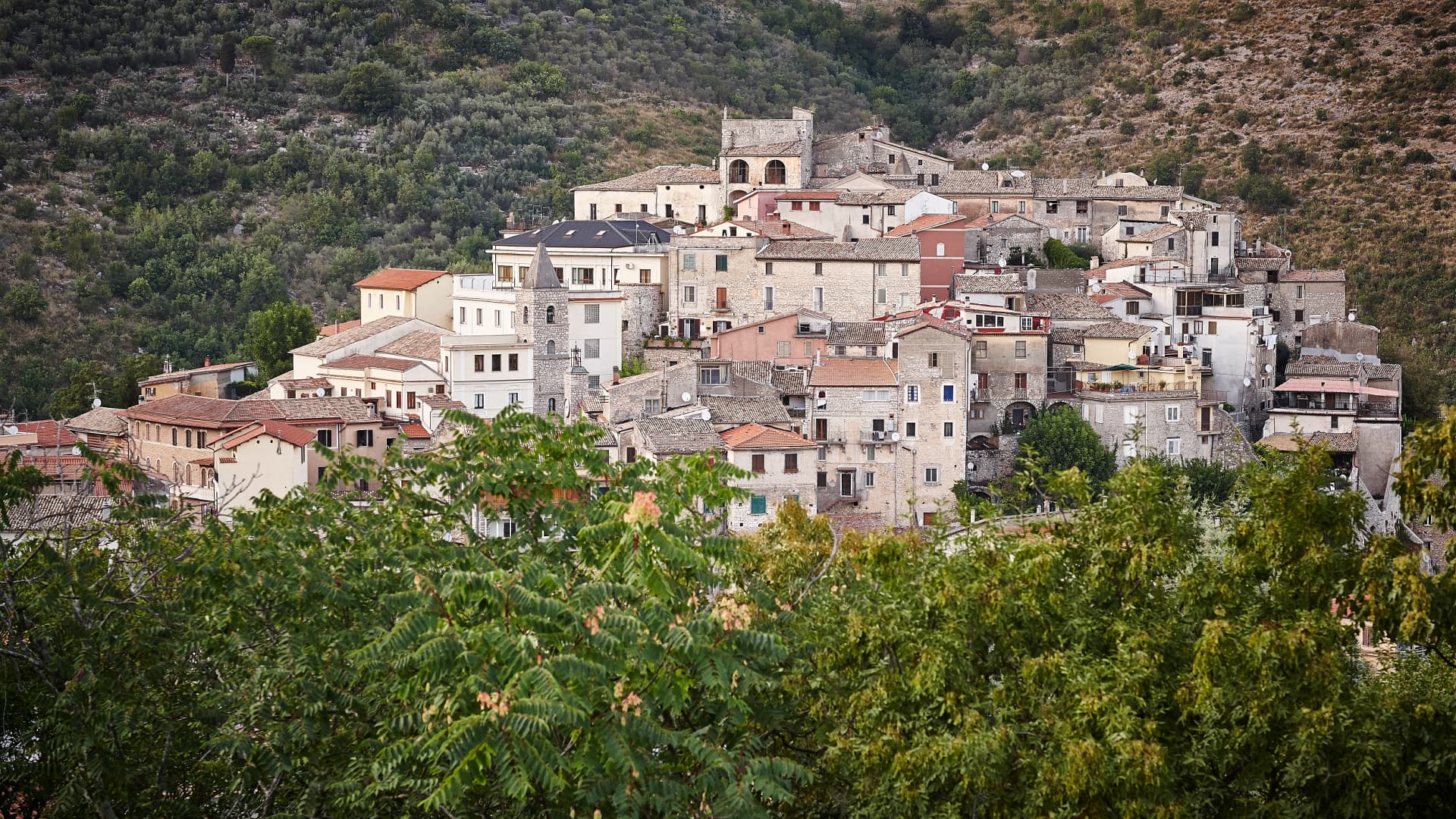
Campomidele, Lazio, is home to roughly 550 residents and thousands of Itrana olive trees. (Photo_ Carroccia Campodimele)
“Itrana is so special, and our parents knew that. They planted only that cultivar so long ago,” De Filippis said. “Itrana can make a perfect olive oil, with its unique and balanced aroma, but it’s also ideal as a table olive.”
Gaeta olives, a specialty from southern Lazio, are grown on Itrana trees and carry a Protected Designation of Origin (PDO) certification, ensuring quality and authenticity, as recognized by the European Union.
Itrana’s olive oil, on the other hand, represents the central portion of the Colline Pontine olive oil, which is also a celebrated PDO.
According to De Filippis, the whole family is involved in the farm’s activities, sharing a deep emotional bond with their land and the Itrana olive.
“We are in love with this cultivar,” he said. “When you taste an Itrana-quality extra virgin olive oil, the first thing you notice is its aroma, a very fragrant olive oil that conquers the palate and the soul.”
According to De Filippis, their olive oils have a high phenolic content, approaching 900 milligrams per liter.
“It has a balanced profile, a noticeable but harmonious bitterness, and an interesting spiciness,” he explained, noting a resemblance to the well-known Sicilian Tonda Iblea cultivar.
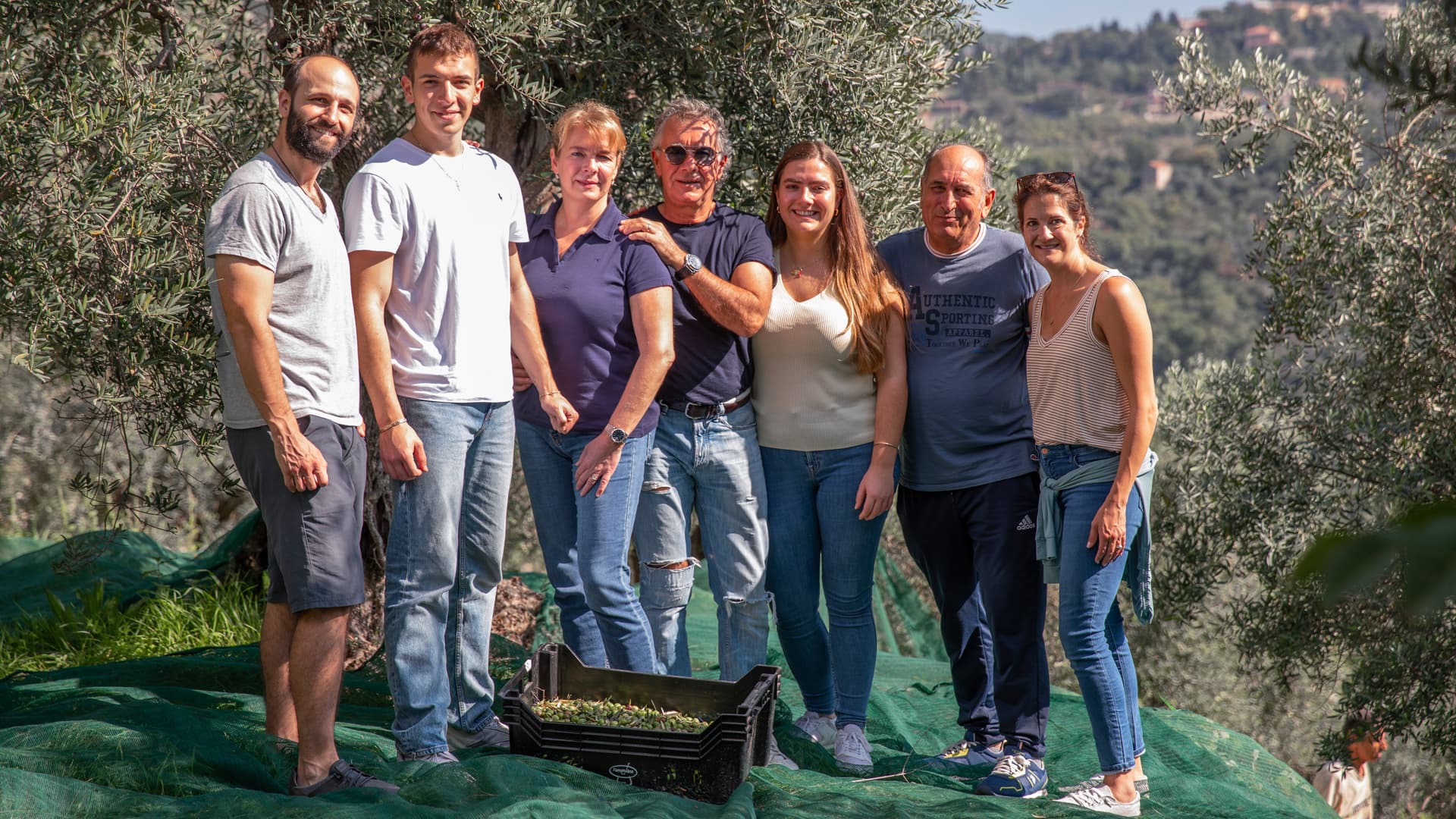
The Carroccia family celebrated a fourth-straight recognition for its organic Itrana monovarietal at the 2025 NYIOOC. (Photo: Carroccia Campodimele)
The family harvests early in the season.
“We aim for quality. During harvest, you’ll only see electric tools in the fields,” De Filippis highlighted, referring to concerns about contamination from petrol engines.
“We love everything green. The farm has been organic from the start. We don’t even know what chemicals are,” he said.
De Filippis explained that they avoid pesticides and prioritize natural treatments focused on sustainability and soil health. For fertilization, he described a composting system using manure and olive pruning remains.
“We let it sit in a dedicated spot for a year to mature, then apply it to the trees, in the shade of their canopy,” he said.
Though already certified organic, the Carroccia farm is now transitioning to biodynamic farming, part of a growing trend across Italy.
The biodynamic approach stems from the teachings of Rudolf Steiner, a controversial social reformer and founder of anthroposophy, which integrates spiritual awareness into life, teaching and agriculture.
“You have to believe in it, really believe it mentally. And you also have to accept lower yields and reduced profits. But it means producing better and more sustainably,” De Filippis said.
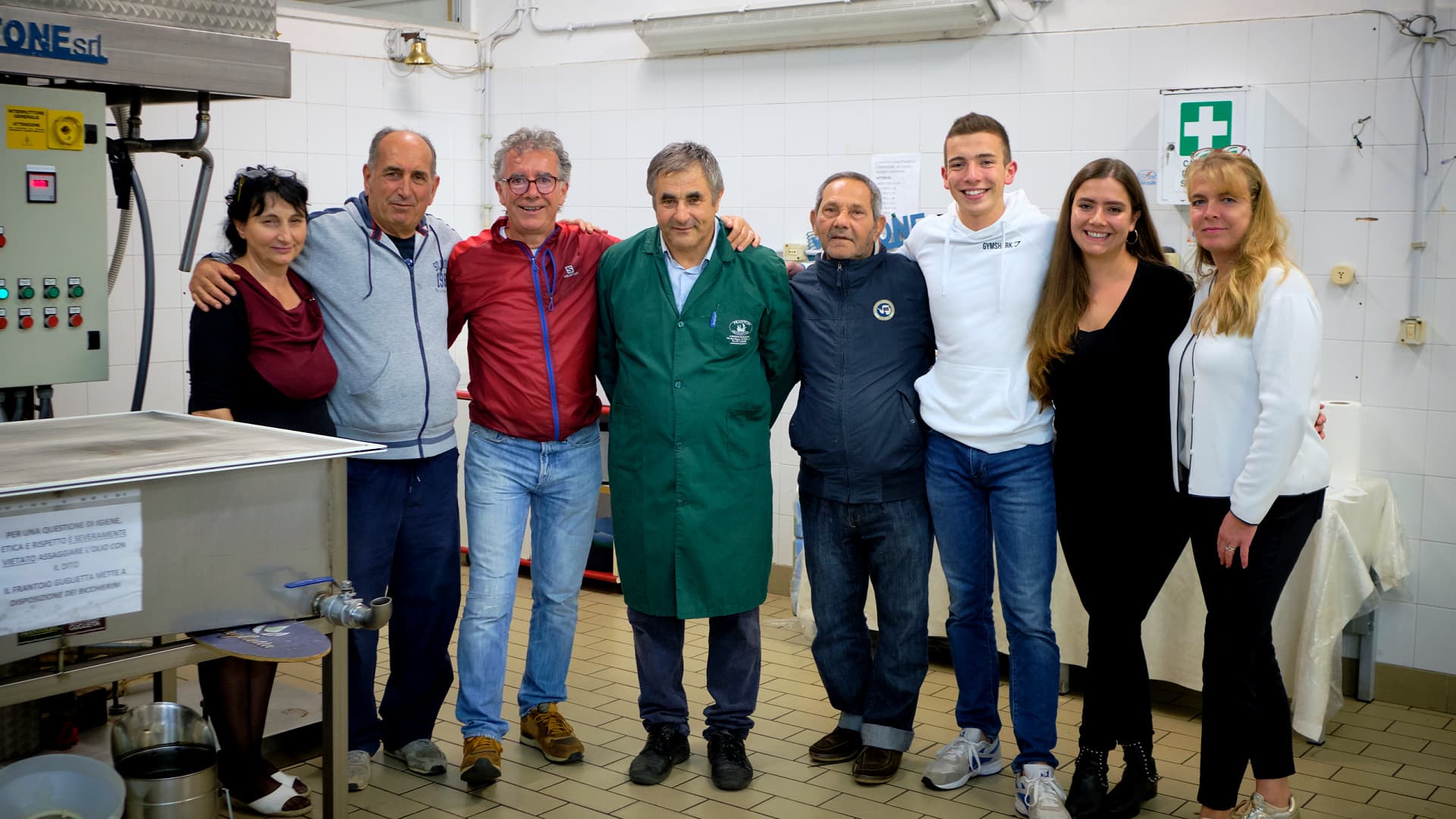
While Carroccia Campodimele doesn’t have its own mill, the company uses a dedicated organic mill. (Photo: Carroccia Campodimele)
While the farm does not have its mill, De Filippis uses a local facility dedicated to a few organic producers. “If the goal is quality, you cannot mix your olives with those of uncertain origin,” he said.
Carroccia Campodimele’s quality was confirmed once again, with a Gold Award for its organic medium-intensity Itrana monovarietal at the 2025 NYIOOC World Olive Oil Competition.
For De Filippis, the company’s fourth NYIOOC accolade in as many years is more than a recognition of quality.
“First of all, it’s very rewarding,” he said. “I’m the one who tastes our olive oils, and when the oil I selected wins a Gold Award, I’m very proud of our work.”
Still, these are challenging times for olive growers across the Mediterranean, including those in Lazio.
“We are living through climate change. It’s fast, and we are all a bit unprepared for what’s happening,” he explained.
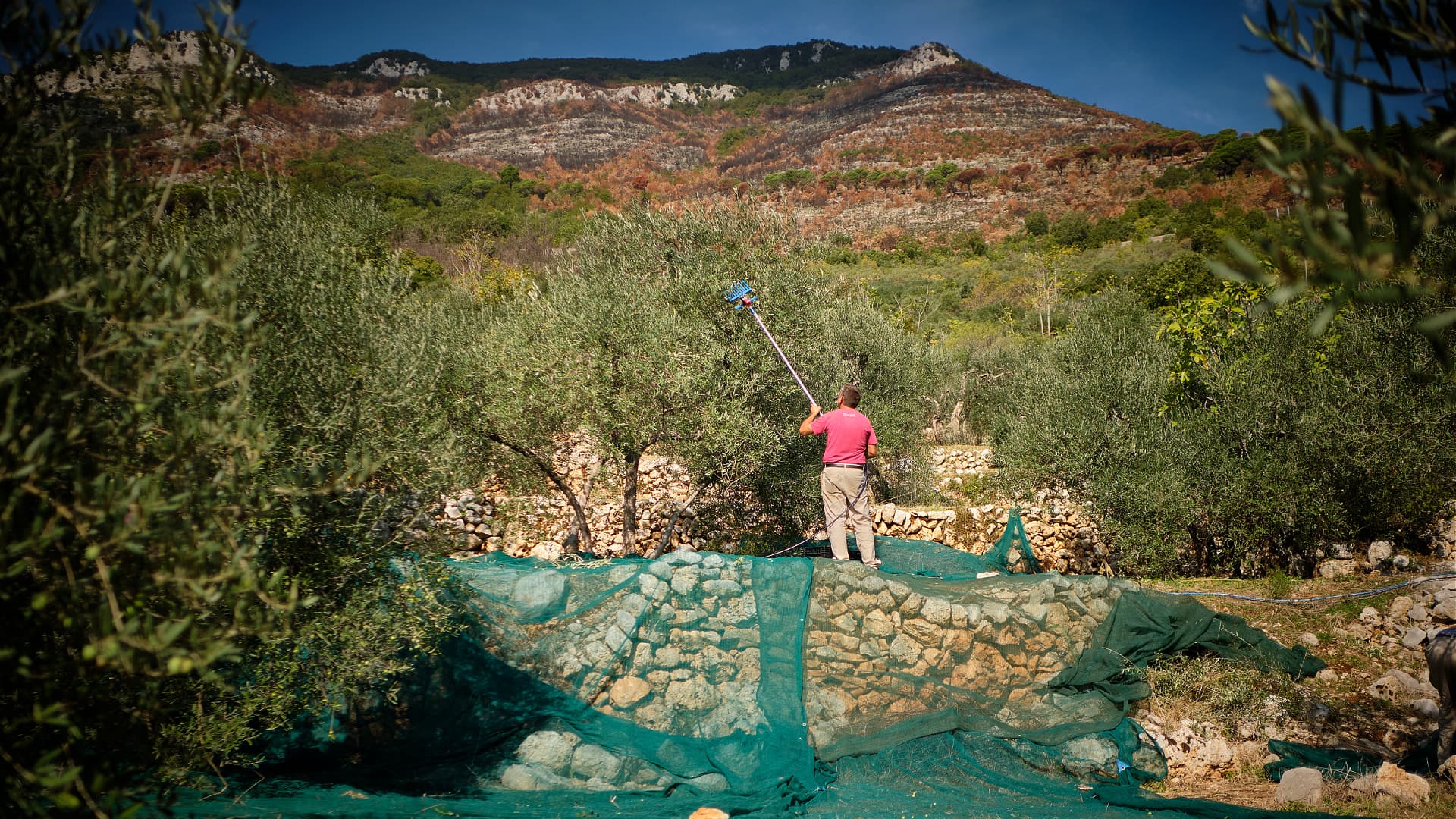
https://www.oliveoiltimes.com/media/2025/06/hy5.jpg
They are considering irrigation, although the hilly terrain poses a challenge.
“We’re working on it, monitoring the trees day by day. The trees’ resting period used to be longer, and that may affect production,” he said, hinting at the increasingly short winters experienced by Lazio growers.
The farm relies on the reinforced dry walls to improve soil and water retention. It is also starting a collaboration with a local agronomist to boost climate resilience.
“Today, we just had a great fruit set, then came sudden heat, stressing the trees. And then yesterday we were hit by a hailstorm, with hail as big as walnuts,” De Filippis said.
“Producing quality olive oil presents many challenges, and they vary from farm to farm,” he added. “But the one challenge we all face is climate change. It demands inventiveness and long-term investment. We must be proactive.”




